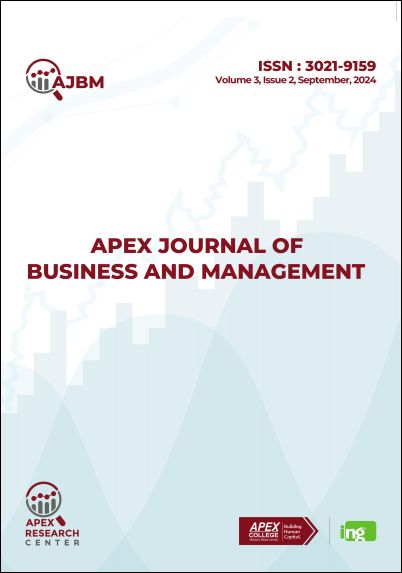Differences in Perception on Organizational Politics among Male and Female Employees: A Case Study of a Public Institute
Keywords:
organizational politics, gender differences, perception, Nepal Electricity Authority, decision-makingAbstract
Organizational politics refers to activities aimed at using influence tactics to serve personal or organizational interests, often perceived subjectively by individuals within a workplace. This study investigates the differences in perceptions of organizational politics between male and female employees at the Nepal Electricity Authority, Chabahil branch. Utilizing a quantitative descriptive methodology, data were collected via a Likert scale questionnaire distributed to all 45 employees. The research focuses on understanding how different factors—specifically relationships, communication, decisions, and resources—are perceived in terms of organizational politics. Results indicate a significant disparity in perception: 70% of male employees reported high levels of perceived organizational politics, compared to only 8% of female employees. Among the variables assessed, decision-making was identified as the most politicized aspect, while resources were perceived as the least politicized. These findings highlight the need for organizations to address gender disparities in perceptions of politics, which could inform strategies to enhance employee satisfaction and performance. The insights gained from this research are intended to guide organizational improvements, ultimately fostering a more equitable and productive work environment.
Downloads
Downloads
Published
How to Cite
Issue
Section
License
Copyright (c) 2024 The Author(s)

This work is licensed under a Creative Commons Attribution-NonCommercial 4.0 International License.
This license requires that reusers give credit to the creator. It allows reusers to distribute, remix, adapt, and build upon the material in any medium or format, for noncommercial purposes only.




